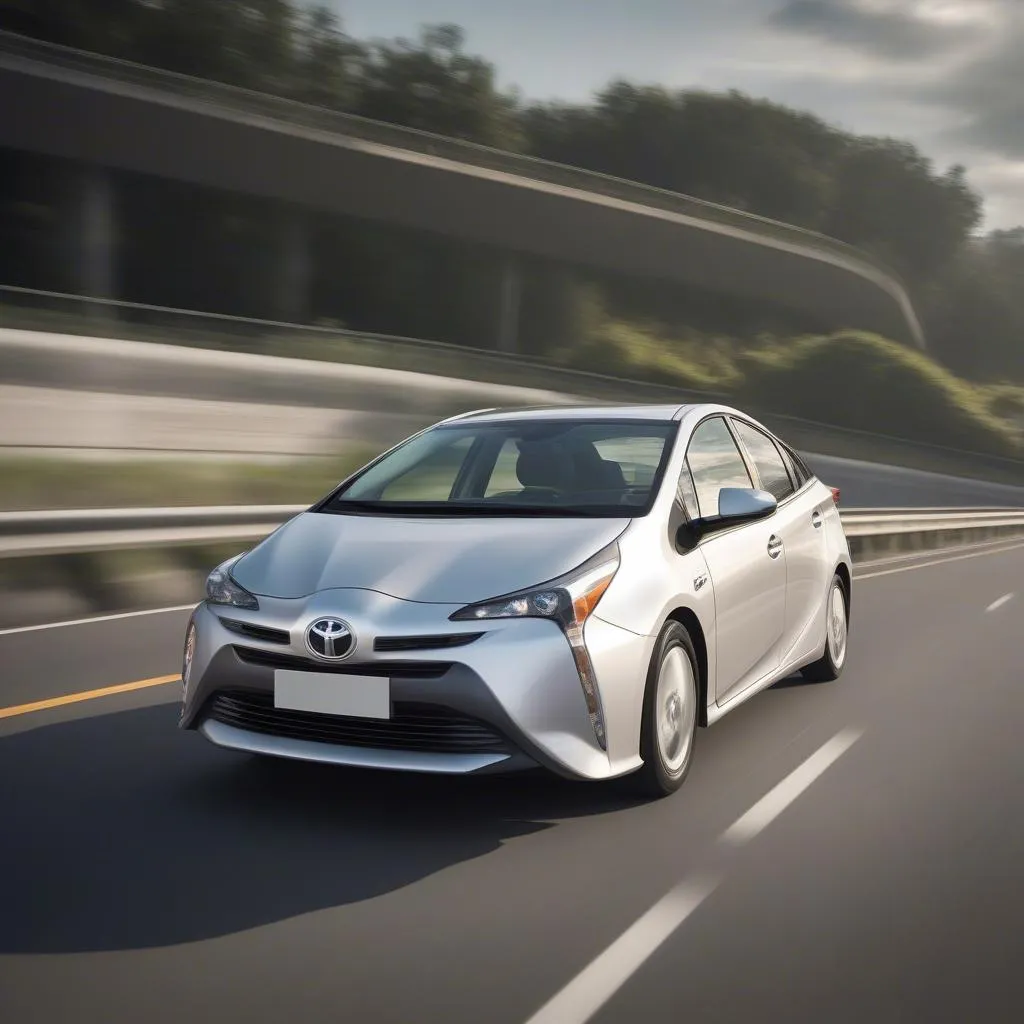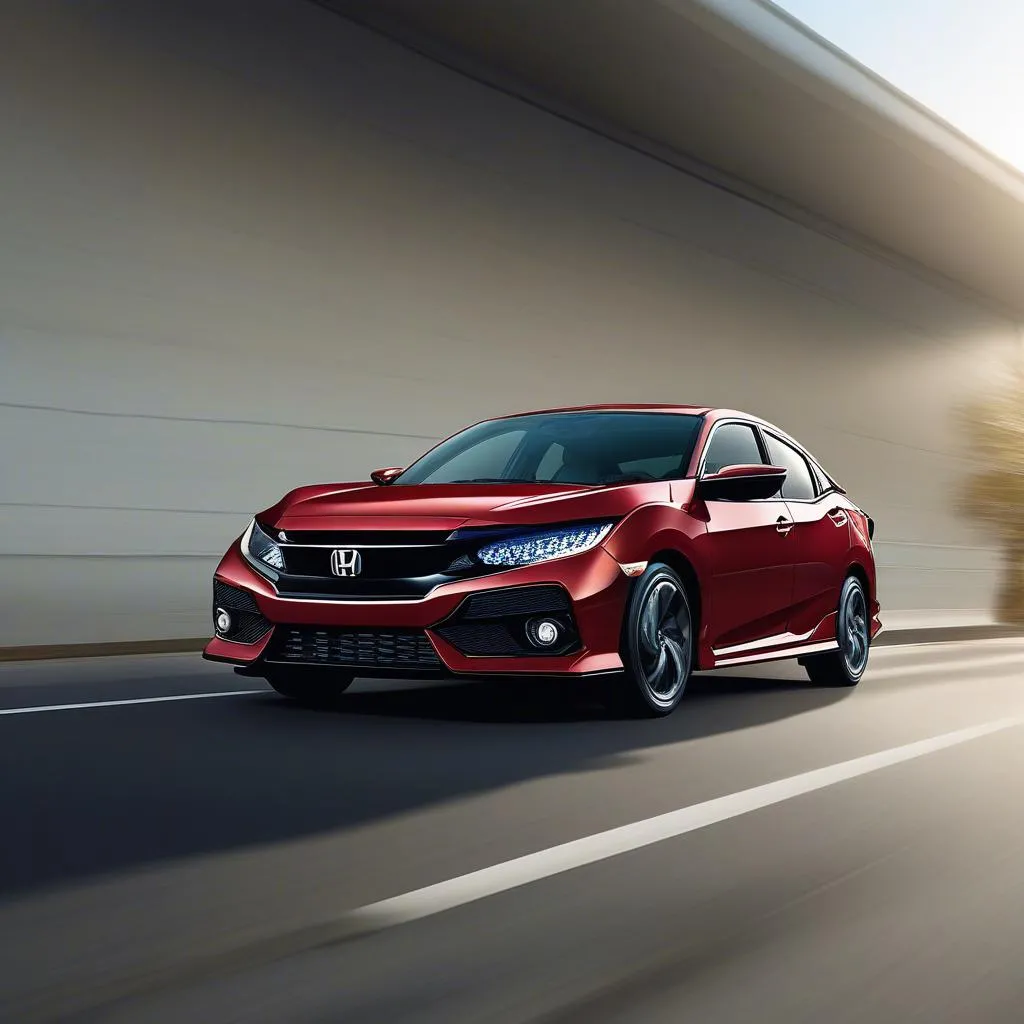Have you ever felt the sting of rising gas prices at the pump? It’s a common dilemma for many drivers, but what if I told you there were vehicles designed to help you save money on fuel? Let’s explore the world of fuel-efficient cars and uncover the secrets to maximizing your savings.
The Importance of Fuel Efficiency
Fuel efficiency is crucial in today’s world. It’s not just about saving money; it’s also about reducing our dependence on fossil fuels and minimizing our carbon footprint.
Technical Perspective
Fuel efficiency is measured by how many miles a car can travel on a gallon of gas, also known as Miles per Gallon (MPG). Vehicles with higher MPG numbers are considered more fuel-efficient. This efficiency is largely determined by the engine’s design, weight of the vehicle, and aerodynamic properties.
Economic Impact
Fuel-efficient vehicles translate directly to lower fuel costs for drivers. This can be a significant saving over the long term, especially for individuals who frequently drive long distances or have multiple vehicles.
Environmental Considerations
Fuel-efficient cars emit fewer greenhouse gases, contributing to cleaner air and a healthier planet. This is particularly relevant given the increasing global focus on combating climate change.
Understanding Fuel Efficiency Ratings
EPA Fuel Economy Ratings
The Environmental Protection Agency (EPA) provides standardized fuel economy ratings for all vehicles sold in the United States. These ratings are based on rigorous testing procedures and help consumers compare the fuel efficiency of different cars.
Fuel Efficiency Factors
Several factors impact fuel efficiency, including:
- Engine Size: Smaller engines typically consume less fuel than larger engines.
- Transmission Type: Automatic transmissions are generally less efficient than manual transmissions.
- Vehicle Weight: Heavier vehicles tend to require more fuel to move.
- Aerodynamics: Cars with streamlined designs encounter less air resistance, leading to better fuel efficiency.
- Driving Habits: Aggressive driving habits, such as frequent acceleration and braking, consume more fuel.
Top Cars with Fuel Economy
Now, let’s explore some of the top contenders for fuel-efficient vehicles:
Hybrid and Electric Vehicles
- Toyota Prius: The iconic Prius remains a leader in fuel efficiency, boasting impressive MPG figures.
- Honda Insight: The Insight is another popular hybrid option, known for its smooth driving experience and eco-friendly performance.
- Tesla Model 3: The Model 3 is a standout electric vehicle, delivering a combination of performance, range, and zero emissions.
Gas-Powered Vehicles
- Honda Civic: The Civic consistently ranks high in fuel economy ratings, offering a balance of practicality and efficiency.
- Hyundai Elantra: The Elantra is known for its affordability and impressive MPG figures.
- Mazda3: The Mazda3 is a stylish and efficient choice for drivers who value performance and fuel economy.
 Fuel-efficient Toyota Prius on the road
Fuel-efficient Toyota Prius on the road
Tips for Enhancing Fuel Efficiency
Even with a fuel-efficient car, there are steps you can take to maximize your savings at the pump.
- Maintain Your Vehicle: Regular maintenance, including oil changes, tire pressure checks, and air filter replacements, can significantly impact fuel efficiency.
- Drive Smoothly: Avoid aggressive acceleration and sudden braking. Smooth driving reduces fuel consumption and extends the life of your brakes.
- Plan Your Routes: Minimize unnecessary driving by combining errands and using navigation apps to find the most efficient routes.
- Reduce Cargo Weight: Removing unnecessary items from your trunk and car interior reduces the overall weight, improving fuel economy.
Frequently Asked Questions
Q: What is the most fuel-efficient car on the market?
A: The most fuel-efficient car on the market changes regularly, but some contenders consistently rank high, including the Toyota Prius and the Honda Insight. It’s best to consult current EPA fuel economy ratings for the most up-to-date information.
Q: How can I improve the fuel efficiency of my existing car?
A: Implement the tips mentioned above, such as maintaining your vehicle, driving smoothly, and reducing cargo weight. Even small changes can make a difference.
Q: Are electric cars truly better for the environment than gas-powered cars?
A: Electric cars are generally considered more environmentally friendly because they emit zero tailpipe emissions. However, the production and disposal of batteries used in electric vehicles pose environmental challenges that require ongoing research and development.
Conclusion
Choosing a fuel-efficient car is a smart decision for your wallet and the planet. By understanding fuel efficiency ratings and adopting fuel-saving practices, you can make a positive impact on your finances and the environment. Remember, if you need assistance in diagnosing and repairing your car’s electrical system, feel free to reach out to our team of experts at +84767531508. We offer 24/7 support and can guide you through any challenges you encounter.
 Honda Civic driving on a highway
Honda Civic driving on a highway
Don’t forget to check out our other articles on rental car services for your next trip!


